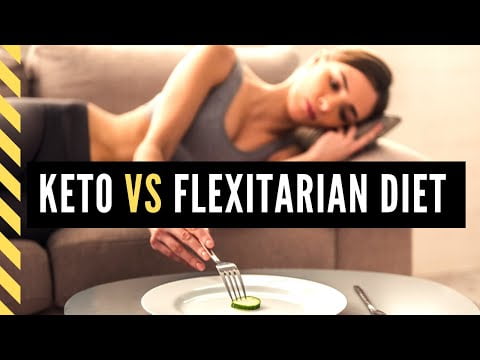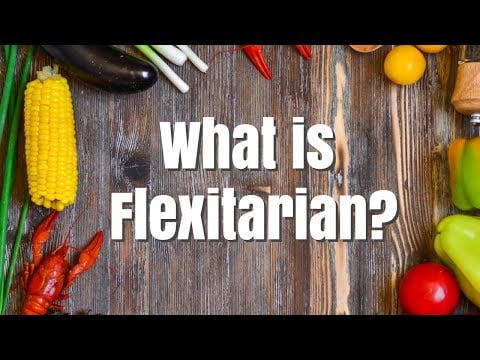The keto diet and flexitarian diet are two of the most popular diets today. While they both focus on eliminating certain foods and focusing on others, the concept behind each one is quite different. In this post, we will look at each diet and discuss which is more likely to lead to weight loss.
The ketogenic (or “keto”) diet is a very low-carbohydrate, high-fat eating plan that forces your body into a state of ketosis where it burns fat instead of glucose from carbohydrates for energy. This shift in macronutrients—from carbs to fats—requires reducing your total carbohydrate intake to just 20–50 grams per day and replacing those carbs with healthy fats such as olive oil, avocado oil, butter, lard, coconut oil and cream.
By contrast, the flexitarian diet focuses on eating mostly plant-based foods while still allowing for some meat, fish, or poultry occasionally. It does not require counting calories or limiting portion sizes like many other diets do; rather, it is about being mindful about what you eat – opting for vegetables, whole grains and legumes, when possible, with smaller portions of animal proteins here and there if desired.
So, which one leads to weight loss? Well unfortunately there is no definitive answer as everyone responds differently depending on their genetic makeup and lifestyle factors. However, some studies suggest that a healthful flexitarian diet may be better suited towards long term weight management due to its more balanced approach compared to the keto diet which can be more restrictive in terms of available food choices over time. That said, because everyone is different it may take some trial and error to find out what works best for you!
In conclusion, choosing between a keto or flexitarian diet comes down to personal preference: if you’re looking for something with strict rules and extreme weight loss results then you may want to try the keto diet; however if you’re looking for something more sustainable in the long run then the flexitarian approach might be better suited towards your needs. As always consult with your doctor before starting any new dietary regimen!





